By Ludwig Heinrich Dyck
In 150 BC a young shepherd wandered down from the hills to surrender with others of his kind to the Romans. His name was Viriathus and his people were part of the Lusitani, one of the large Spanish tribal groups. Their home bordered the Atlantic coast, between the mouths of the rivers Durius and Tagus. They were part of the Celt-Iberian peoples that had come into being after 900 bc, when Celts drifted into the northern two-thirds of Spain and mixed with the local pre-Indo-European Iberians.
Viriathus’s people began fighting the Romans in the aftermath of Carthage’s defeat in the Second Punic War (218-201 bc). Straddling the Mediterranean Sea, Punic Spain became Roman Spain. Two new Roman provinces, Hispania Citerior (“Nearer Spain”) and Hispania Ulterior (“Farther Spain”) set out to drain the country of its vast riches. Spanish gold and silver once funded the Punic war machine and now would do the same for Rome. Soon 40,000 slaves toiled under the Roman whip at the silver mines of Carthago Nova (Cartagena). Only 10 years after the Roman occupation, 59,000 kilograms of silver and 1,800 kilograms of gold were shipped to Rome. Spain, as Edward Gibbon put it, was to Rome as Peru and Mexico would become to the Old World.
Lusitani’s Plight
The Celt-Iberians doggedly defied the Romans, although over the years some made their peace with Rome. But not so the Lusitanians, who fought on. In 153 some of them even crossed the Pillars of Hercules and struck into Africa. Two years later, they humbled the army of Hispania Ulterior’s governor, Servius Sulpicius Galba. The same year, Lucullus, governor of Hispania Citerior, hungry for loot, massacred the inhabitants of the Vaccaei town of Cauca, even though this Celt-Iberian tribe thus far had stayed out of the war. Lucullus was Galba’s kind of man. Together, the two then came up with a plan to deal with the elusive Lusitani.
Tired of the constant war, the burning of their homes, the slaughter and enslavement of their people, the Lusitani desired peace. Word came to the villages that Lusitani envoys had gone to Galba and asked him to renew an earlier peace treaty. Sympathetically, Galba answered that he understood why the Lusitani had made war. “Poorness of the soil and penury force you to do these things. But I will give my poor friends good land, and settle them in a fertile country, in three divisions.” Galba seemed a man of honor who understood the Lusitani’s plight … or so many villagers hoped.
Alongside Viriathus, 30,000 Lusitanians—men, women, and children—came down from their villages in the hills to gather at the place appointed by Galba. The Romans divided them into three parts, telling them they would thus be settled on their new lands. Each group was then led out of sight of the other two.
Galba came to the first group and asked them to lay down their arms in a gesture of good faith. The naïve Lusitanians did as they were told. Women with babes in their arms, old men and old women supporting each other, and young warriors who clenched their fists watched in helpless apprehension as Roman soldiers with spades now moved around them. The Romans dug as only Romans could until a vast trench surrounded the Lusitani. Swords slid out of scabbards as the legionaries moved in. Children cried, frantic women screamed and clung to their men, who cursed in anger as the Roman soldiers pushed their way through the panicked mob to single out the able-bodied men and to cut them down like sheep. The others were “saved” for the slave markets. The slaughter was repeated with the other two Lusitani groups. Of the plunder, the greedy Galba kept most for himself and gave only a little to his soldiers, though he was already a man of great wealth.
During the butchery the Romans likely came upon the odd Lusitani warrior who had mysteriously died on his own account. To give them a quick death in a hopeless situation, Spanish warriors commonly carried a fast-acting poison derived from the Sardonia plant (Ranunculus sceleratus). It contracted their lower jaw into a sinister smile. To the Romans it must have seemed as if the corpses mockingly cursed them with ill luck. If so, the corpses were right, for some escaped that day. Among them was Viriathus. From that day on, his heart pounded with black hatred for the Romans.
10,000 Lusitani Raid the Roman Pacified Turdetania
Galba’s silver-tongued promises had fooled and lured many Lusitani to death and into slavery. But others had remained in the hills, ready to take up the sword once more. Even back in Rome, Galba’s conduct caused an outrage in the Senate. But money would prove more powerful than justice and Galba had plenty of the former.
Lust for vengeance and loot brought the tribes together. In 147 bc, 10,000 Lusitani gathered to raid into Roman pacified Turdetania. Viriathus, now a young chieftain, was among them. The Spanish attack came at a bad time for the Romans who since 149 bc had been preoccupied with the Third Punic War. Still, Legate Gaius Vetilius was reinforced from Rome and with some 10,000 troops moved against the Spanish raiders. He killed their foragers and managed to outmaneuver them, trapping the Lusitani against a watercourse.
The Lusitani could hold out and face starvation or face the Romans in battle. Downcast, the Lusitani sent envoys with olive branches to Vetilius. They begged him to give them lands to settle on. Vetilius agreed to their requests if they would first surrender their weapons.
Viriathus had had enough; he had heard these words before. Wary like a wolf that escaped a man’s trap, to Viriathus the Roman words stank of deceit. He called upon his comrades to remember the treachery of Galba and the value of a “Roman oath.” His speech stirred their hearts and raised their confidence and they made him their war leader.
Vetilius watched as the Lusitani drew up their lines in front of his army. So the Spanish rabble decided to fight after all! Yet as soon as Viriathus mounted his horse the entire Spanish infantry broke in flight in all sorts of different directions. Vetilius was dumbstruck. What was going on? The Spanish cavalry, however, stayed on the field and on Viriathus’s signal charged straight at the Romans! But then, as soon as the Spanish horsemen engaged, they immediately disengaged!
In such a fashion, Viriathus’s cavalry skirmished all day long to keep the Romans busy and allow his footmen to make good their escape. That he was able to do so was because of the inherent superiority of his cavalry. Not only did Spanish cavalry make up twice the proportional number as it did in Roman armies, but to the Spanish, the horse itself was of special significance.
Spain was home to herds of horses that roamed wild and free and whose spirit of great beauty, speed, and stamina the Spanish worshiped as a divinity. In showing their affection for their steeds, riders bedecked them in colored wool trappings and hung tiny bells from their necks. Spanish horses could kneel and be quiet at command. The bond between rider and horse was so strong that the riders were known to dismount and form protective circles around their horses in battle. Indeed, Celt-Iberians may have even invented the horseshoe in the 4th century bc.
Vetilius must have been furious that his cavalry was unable to come to grips with the superb Spanish horsemen. Finally, at nightfall, Viriathus left the field for good to rejoin his infantry at Tribola. After him came Vetilius, but due to the heavy weight of his legionaries’ armor and ignorance of the roads, the Romans soon lost sight of Viriathus’s raiders.
Heavy Spanish Javelins, Called Soliferrum, Were Made Completely of Iron
Boiling with anger, Vetilius continued his pursuit of the rebels. But whenever he drew close to his irksome quarry, the fleet Spanish horsemen again spurted out of his reach. Somewhere near Tribola in the Barbesula River valley the Romans entered a narrow pass with a slope covered in dense thickets on one side and descending cliffs on the other. Once more Vetilius beheld Viriathus’s cavalry ahead. But now, instead of bolting in flight, the Spanish cavalry suddenly reined their horses about and charged at the Romans! At the same time thousands of Lusitani infantry burst out of the thickets and stormed down to the Roman lines.
Viriathus had lured Vetilius into a death trap. When behind a shield wall of their oblong body shields, armored in bronze helmets and mail tunic, the legionaries were nearly invincible. But on the narrow pass the Romans lacked sufficient space to properly deploy their heavy infantry. Spanish javelins, called soliferrum, made completely of iron, whistled into the Roman ranks, their small barbed heads transfixing shields and cuirasses at short range.
The Lusitani struck the Roman column from the front, rear, and side. Here and there the Romans faced the Lusitani heavy infantry, the scutati, warriors sporting scale mail corselets or bronze pectoral plates and plumed helmets. The scutati blocked with large rectangular shields of the Celtic pattern and thrust with heavy spears mounted with murderous 23-inch-long heads.
By and large, however, like their Celtic kin, the Lusitani’s equipment was rarely uniform and most were lightly armed. Many wore no headgear at all, or perhaps a leather cap. Their preferred close combat weapons were a small round buckler and a short straight or curved sword. The straight sword was the inspiration for the famous Roman gladius hispanienses adopted around the time of the Second Punic War. The Spanish curved sword, the falacta, widened toward the tip and only its inside edge was sharpened. The quality of these blades was unsurpassed. According to Diodorus, the falacta could hack through virtually anything.
Fending off the array of the Spanish arsenal hurling and slashing at them, the disciplined legionaries did their best to form up around their standards. Of the 10,000 Romans, 6,000 managed to fight their way back to the city of Carpesseus, on the seashore near the Pillars of Hercules. The remainder were killed, driven over the cliffs, or taken prisoner.
A Spanish warrior had captured Vetilius. But the Spanish put great value on a warrior’s trim physique, even wearing a broad belt to slim down their waistline. It seemed inconceivable to the warrior that an old fat man such as this could be the Roman leader. Thinking Vetilius to be no one of importance, the warrior skewered him on his spear.
Viriathus’s fame among the hill tribes grew and many flocked to his side. Around the campfire men told of a leader who was always first to face danger, one whom others followed through great adventures, one whom even the Romans could not beat. When it came to dividing the loot, Viriathus was known to deal fairly. He never took the lion’s share for himself and even distributed his own allotment among his bravest warriors. He was satisfied with whatever food and drink stilled his hunger and was content to sleep under the stars.
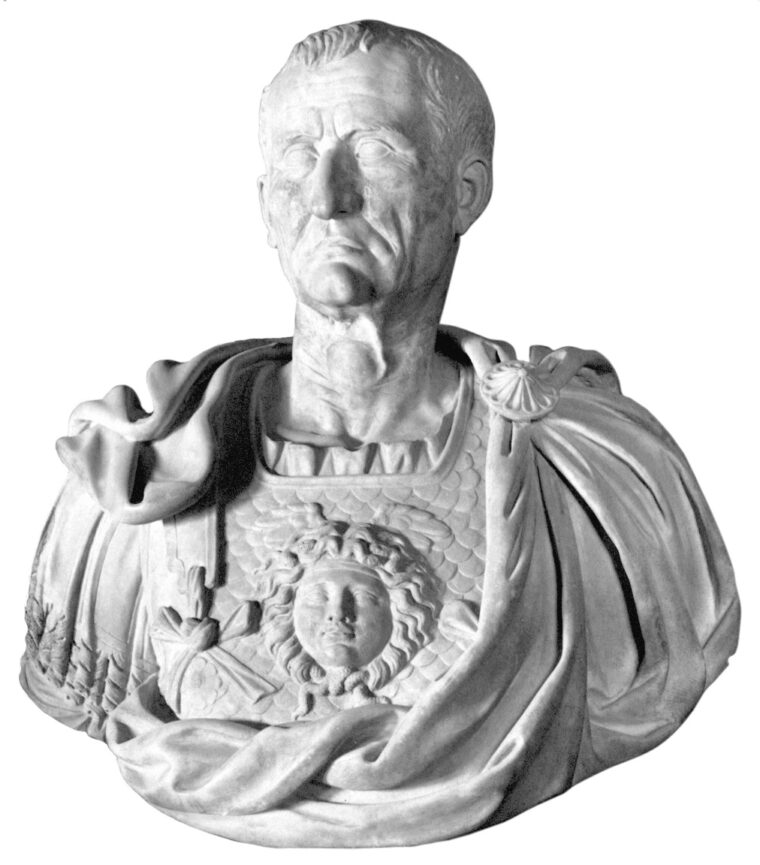
10,000 Roman Foot Soldiers and 1,300 Horsemen Arrived in Spain
Diodorous left us with a tale of Viriathus’s wedding. Unimpressed by the opulent wealth, the gold, the silver, and the colorful fabrics of his father-in-law, who had accepted Roman ways, Viriathus refused to take a seat of honor. Instead he leaned on his spear and ate the barest of meat and bread with his personal companions. To his bride he offered sacrifice in the Lusitanian way, sat her on his horse, and rode away into the hills.
Nevertheless, many tribes whom the Romans had cowed earlier remained loyal to their new masters. In addition, the resources of the Roman Empire were such that despite heavy commitments in Africa, another 10,000 Roman foot soldiers and 1,300 horsemen arrived in Spain.
But defying the odds, Viriathus outfoxed the Romans again and again. In 146 bc, while raiding into the fruitful Carpetani lands, he fled before the advance of superior Roman forces. At a prearranged signal, his warriors once again turned on their pursuers. Strung out in disorder, the heavily armored legionaries were at a disadvantage against the agile, lightly armed Spaniards; 4,000 Romans were killed. The Romans subsequently coined a name for this Spanish feint and counterstrike method of fighting, the concursare.
That same year Viriathus beat off another pursuing Roman force around the olive covered “Venus” mountain (Mt. Veneris). Thereafter, he harassed Roman garrisons in central Spain, captured Segobriga, and took what crops he liked with impunity. After defeating a Roman army commanded by Claudius Unimanus, Viriathus ordered the captured Roman standards and paraphernalia displayed throughout the mountain countryside. Unimanus wrote a rousing account of the fighting:
“In a narrow pass 300 Lusitani faced 1,000 Romans; as a result of the action 70 of the former and 320 of the latter died. When the victorious Lusitani retired and dispersed confidently, one of them on foot became separated, and was surrounded by a detachment of pursuing cavalry. The lone warrior pierced the horse of one of the riders with his spear, and with a blow of his sword cut off the Roman’s head, producing such terror among the others that they prudently retired under his arrogant and contemptuous gaze.”
Viriathus’s winning streak appeared unbreakable, but there were ominous signs of woeful days to come. With the Third Punic (149-146) and the Fourth Macedonian (149-148) Wars victoriously concluded, the axis of Roman martial might tilted toward Spain. In 145 bc Consul Fabius Maximus Aemilianus of the prestigious Scipio family arrived in Orso, Hispania Ulterior. He brought with him two green legions and allied troops totaling 15,000 footsoldiers and 2,000 horsemen.
Fabius Captured Two Cities, Burning One of Them to the Ground
Instead of flinging his untrained men directly at Viriathus’s hard-bitten veterans, Fabius restricted his engagements to skirmishes and concentrated on training his forces. He also took time off to endear himself to the locals, even sailing to Gardes to partake in native religious rituals. In 144 bc Fabius finally confronted Viriathus and gave him a bloody nose, capturing two cities, one of which he burned to the ground. Viriathus survived, but in the course of the campaign his respect for the Romans grew even as his hate diminished.
When Quintus Pompeius Aulus replaced Fabius in 143 bc, Viriathus quickly regained the initiative. Although Quintus at first beat Viriathus, the latter fled to Mt. Veneris and in a repeat of three years earlier suddenly turned on his pursuer and slew 1,000 of Quintus’s men. In consequence of his success, Viriathus won over the Celtiberii Arevaci, Belli, and Titii of central Spain. They began the Numantine War that was named after the defiant fortress city of Numantia. With the timid Quintus hiding in Corduba, Viriathus ran rampant in the rich Bastitani region of Hispania Ulterior where he captured the city of Itucci.
The next year saw the arrival of Consul Fabius Maximus Servilianus in Hispania Ulterior. He was the adoptive brother of Fabius Maximus Aemilianus and like him gave Viriathus trouble. Servilianus commanded two new legions and allies amounting to 18,000 foot and 1,900 horse, including 300 cavalry and a handful of war elephants from Africa. On the way to Itucci in 142 bc, 6,000 of Viriathus’s Spaniards attacked part of Servilianus’s column with much clamor and noise, shaking their long hair to terrify their enemies. Such wild displays were part of Spanish tactics designed to intimidate their enemy and boost their own courage. If time permitted, they would even carry out ritual chants and dances. Servilianus, however, remained unmoved and in control, driving off the enemy who accomplished nothing.
Once Servilianus had assembled his entire army he advanced against Viriathus and defeated him. But the Roman pursuit of the fleeing Spaniards became disorderly. Viriathus rallied and in one of his textbook counterstrikes annihilated 3,000 Romans. The hunter had become the prey and the Romans were driven back to their camp. There the coming of darkness saved them, for the Lusitani did not like to fight at night due to religious customs. In the days that followed Viriathus’s harrying attacks forced Servilianus back to Itucci.
Servilianus Captured 10,000 Prisoners, 500 of Which Were Beheaded
Viriathus emerged victorious once more, but he lacked the numbers to finish off Servilianus’s army. Both armies were worn down by attrition. Viriathus could shrug off heat and cold, hunger, and any other physical hardships, but it seemed that he was becoming mentally weary of the ceaseless war and bloodshed. Viriathus burned his camp and fell back from central Spain to Lusitania. By doing so, he abandoned the towns he had won over to the Romans.
Of the towns allied to Viriathus, Servilianus spared some and sacked others, then pushed on toward Lusitanian territory. On the way he fought local Spanish bandits and a huge raiding army under two Roman renegades. Although at one point Servilianus lost his baggage train, he captured 10,000 prisoners, 500 of which were beheaded, the rest sold into slavery.
The existence of such large bandit armies indicated that Viriathus was losing influence among the Spanish. He pulled out of central Spain partially due to a lack of manpower, yet there were clearly thousands of warriors still available. The problem was that in trying to form a united front against the Romans, Viriathus was going against the grain of Spanish heritage. Banditry was considered an honorable way for young men to prove their valor. These bandits did not raid their own tribes, but anyone else was fair game. Such disunity played right into Roman hands.
In Lusitania, Servilianus laid siege to the town of Erisana. Coming to the city’s rescue, Viriathus trapped the Romans in a defile and then suddenly offered them peace terms! Viriathus had had enough. His only demand was that the Romans should respect the Lusitani borders and that his people be granted amici populi Romani— “Friends of the Roman People” status.
Servilianus accepted and the Senate ratified the terms. But the Spanish guerrilla leader had humiliated Rome and that was something Roman pride could not swallow. There would be no rest for Viriathus. Before the end of the year another of Servilianus’s brothers, Consul Q. Servilius Caepio, arrived in Hispania Ulterior. Caepio complained that the treaty “was most unworthy of the dignity of the Roman people.”
After incessant provocations authorized by the Senate and carried out by Caepio, warfare with the Lusitani erupted anew in 140. Caepio finally captured Erisana. With his much greater army he chased Viriathus through Carpentania, Lusitania, and the land of their allies, the Vettones. Caepio was the first Roman to push into the mountains of the Gallaeci. He built a road from the Anas River to the Tagus and a great camp, the Castra Serevilia, near Caceres. Wherever the Romans went they left behind a wasted countryside.
But it was not until another Roman army from Hispania Citerior, under Caepio’s superior, Popilius Laenas, arrived to reinforce Caepio that the exhausted Lusitani implored Viriathus to make another peace attempt. To Viriathus it must have seemed like there was no end to the numbers of soldiers Rome could muster while the Spanish tribes seemed more interested in looting each other than forming a united front against the Romans. In fact, the Spanish and Punic Wars had severely depleted Roman manpower. During the years 153-133, the Roman population actually declined, while casualties of Roman citizens and her Italian allies are estimated at over 150,000.
Nevertheless, the Romans had weathered the war of attrition better than Viriathus. If Viriathus wanted peace, Laenas in turn demanded the surrender of Roman deserters and the handing over of all weapons. The hapless turncoats were given to the Romans who, in Hispanic tradition, chopped off their right hands as punishment. Viriathus was naturally more loath to surrender his weapons and sent three of his most trusted friends to the Romans for further negotiations. The three men were Audax, Ditalco, and Minuros, whose loyalty Viriathus badly misjudged.
The Beginning of the End of Lusitani Resistance
Through years of guerrilla warfare, always one step ahead of his foes, Viriathus had learned to do with little sleep and to take his rests in full armor. But such precautions did not protect him against the treachery of his own men. At night, while Viriathus lay soundly asleep, his three “friends” came to his tent, telling the guards that despite the late hour they had pressing business with Viriathus. Once inside, two of them most likely held him down, their hands holding his mouth shut, while the third slipped a slim knife into Viriathus’s unprotected neck. The misdeed was carried out so quickly that the guards outside remained unaware. When daylight came, his attendants thought Viriathus was still resting. Curious about Viriathus’s unusually long sleep, someone entered the tent and discovered the grim truth.
Instantly the whole camp broke out in wailing and lamentation. What pained them most is that they could not take vengeance, for they remained clueless about who had committed the crime. The three traitors had meanwhile slipped back to the Roman lines. Having been paid a part in advance for their foul deed, they now requested the remainder of their reward. But Rome declared that she did not pay traitors and they were given nothing more. Treachery was repaid by treachery.
Viriathus’s body was arrayed in rich garments and numerous sacrifices were offered to him. As he burned atop a funeral pyre, his warriors ran and rode around the pyre, singing their praises and then sitting down to wait until the fire burned out. Then there were gladiatorial contests in their former leader’s honor.
Viriathus’s death marked the beginning of the end of Lusitani resistance. Although a warrior named Tantalus led an attack on Carthago Nova, he was unsuccessful and unable to revive Lusitani morale. In 139 the tribesmen surrendered in droves to Laenas. Fortunately, Laenas proved true to his earlier promises. He distributed farmland to the defeated, deported some to new regions, and gave the best lands to those Spaniards who had previously accepted Roman dominion.
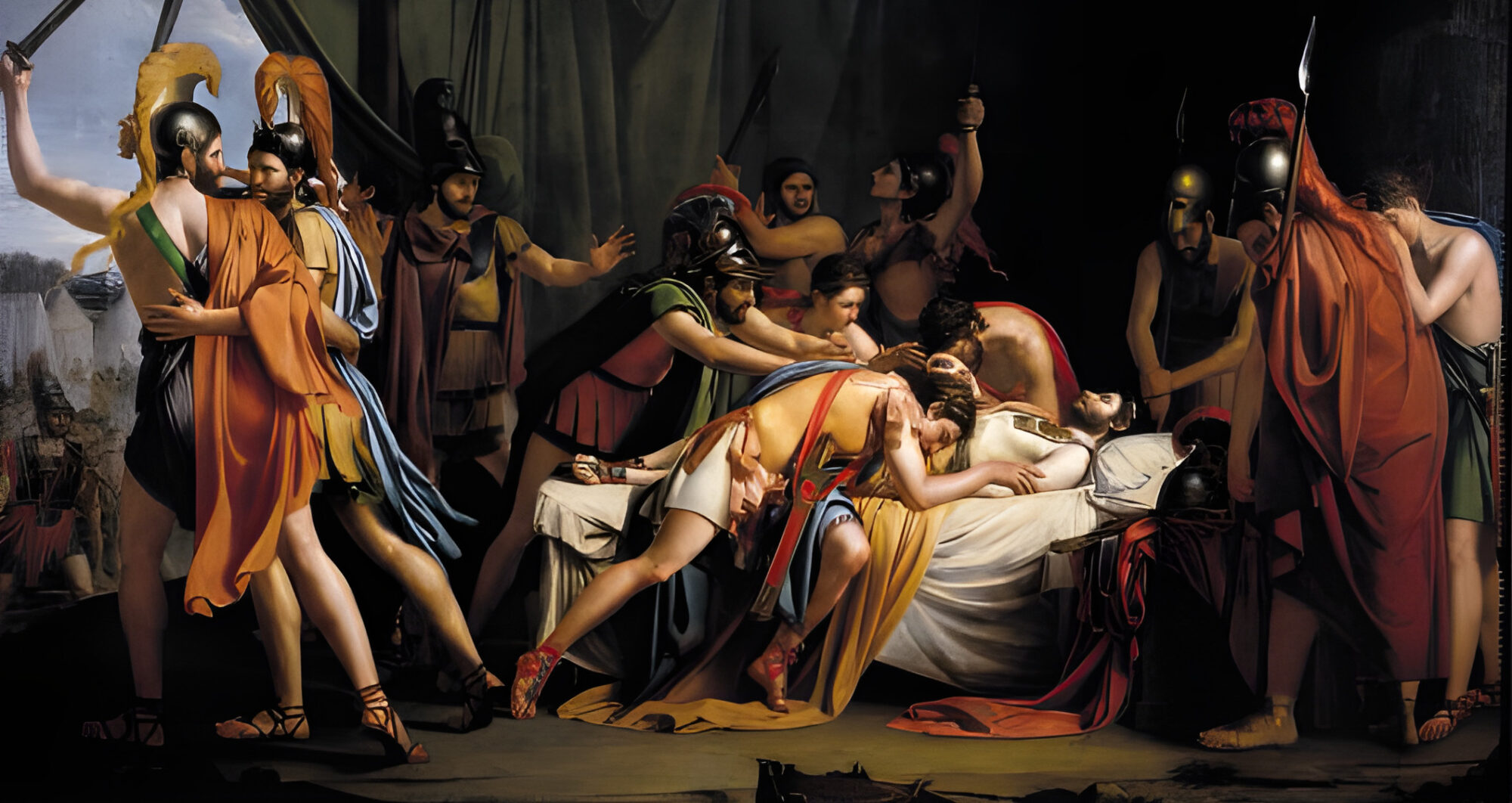
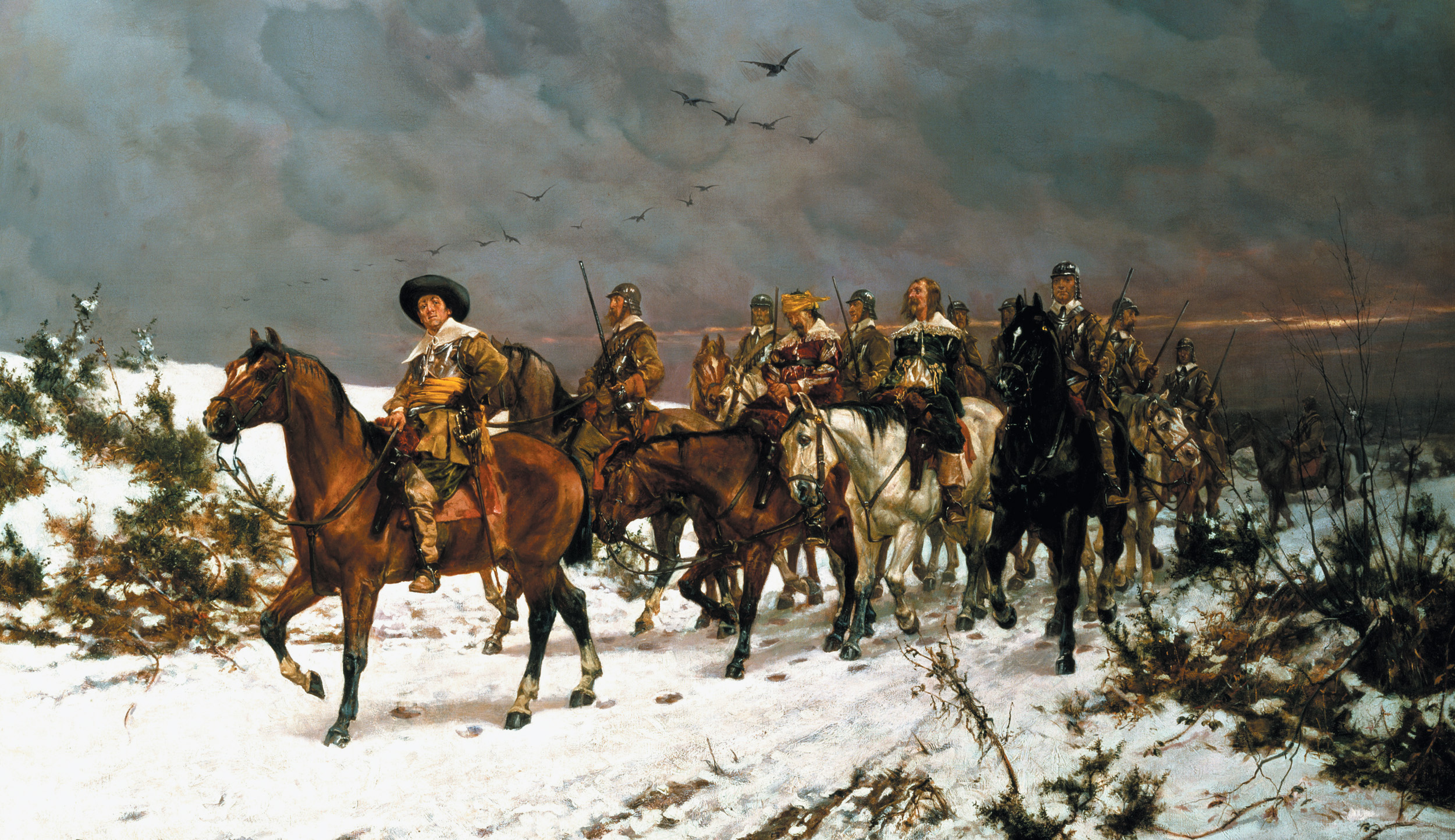
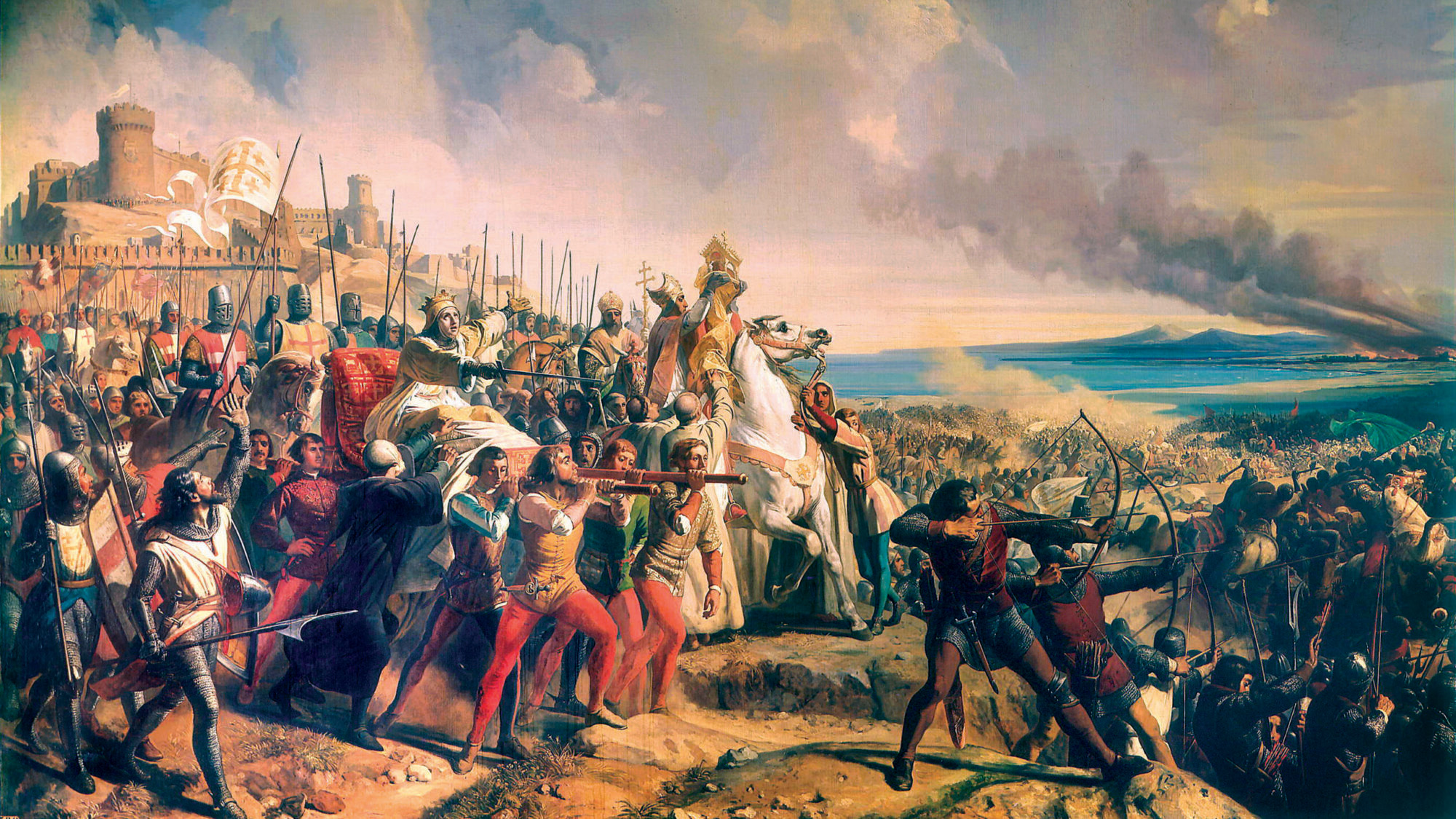
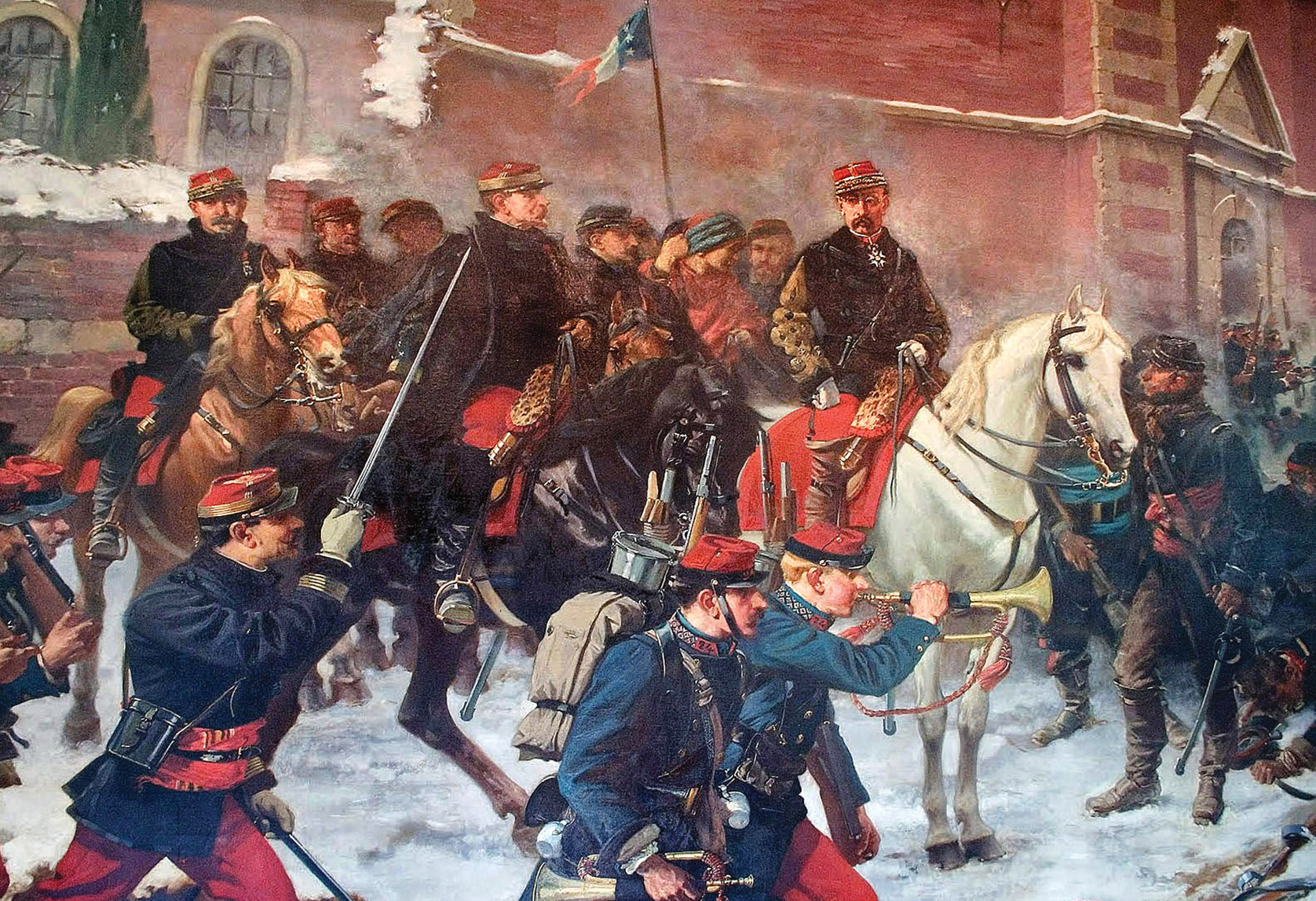
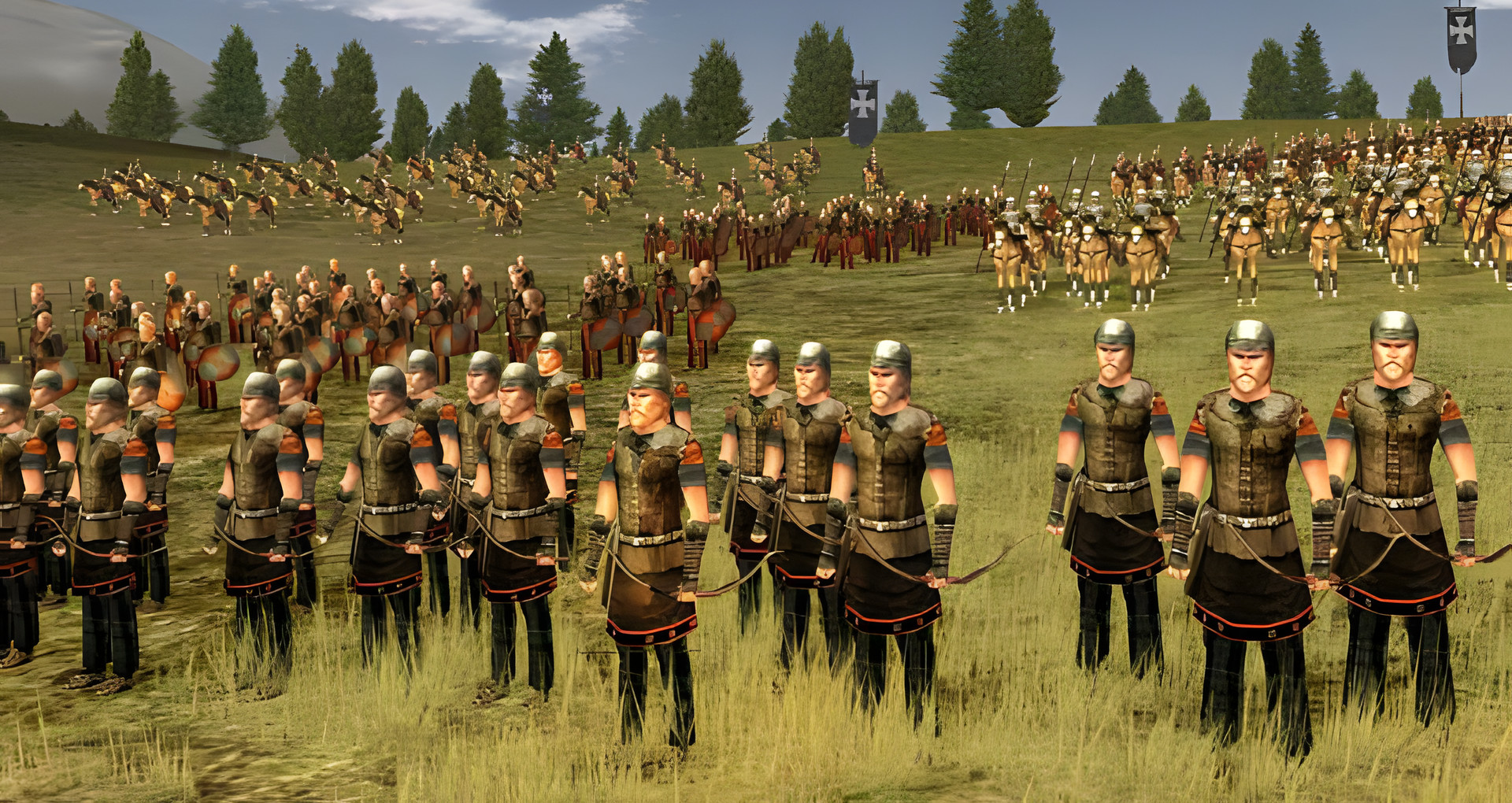

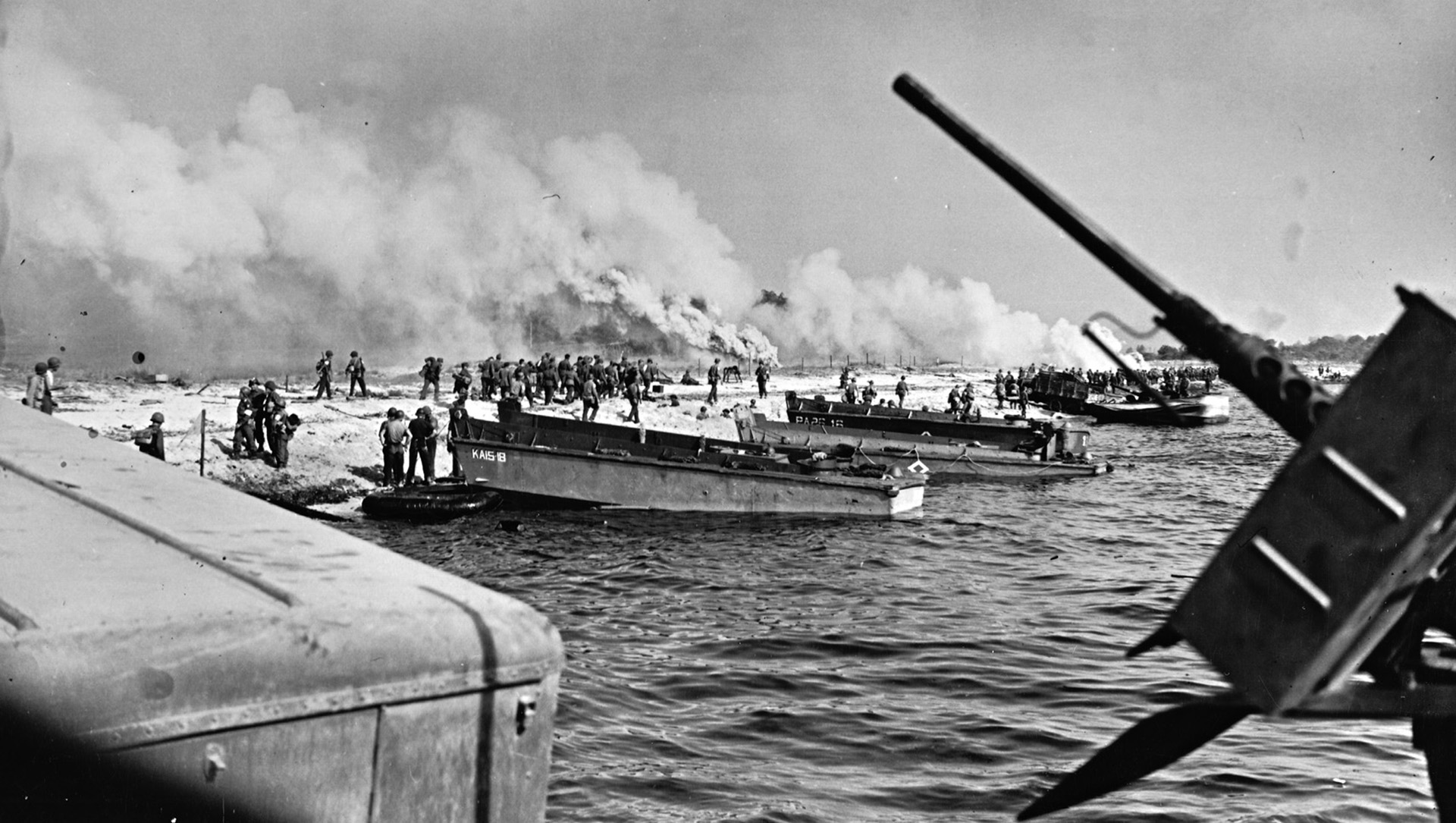
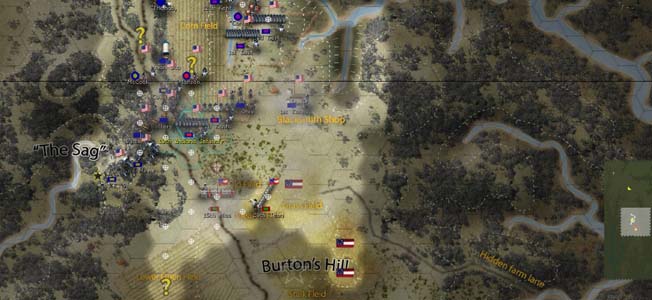
Viriathus is Lusitanian, not Spanish. Get it right please, if you are to put a nationality on hem other then Lusitanian then technically it suld be Portuguese. At that time Spain and Portugal did not exist.
I have never figured out who the Pre Roman tribes of Spain and Portugal were or anything about them. Thanks for the input. My understanding is that the Spanish local tribes were invaded by Germanic tribes and so mingled until the original Spanish tribes ceased to exist. Basque accepted of course.
Cheers!
Interesting article on a subject I know next to nothing about. Its always nice to learn something new.